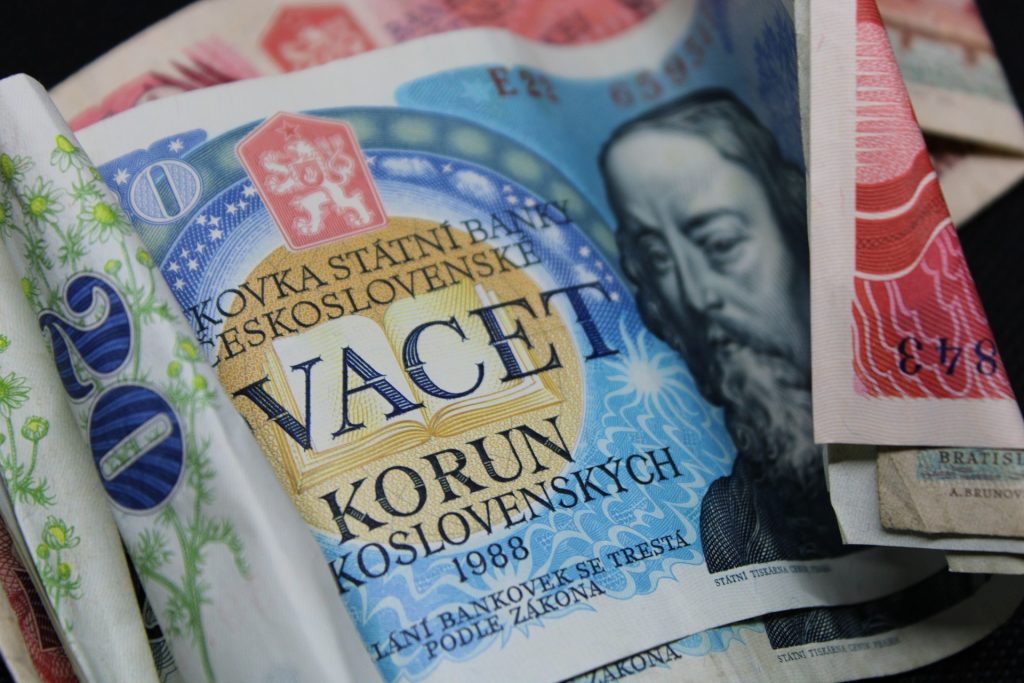IKEM at COP28

Each COP is a defining moment in the fight for our planet and a sustainable future. Scientific findings including the latest IPCC reports have repeatedly stressed the need for urgent climate action – a key priority for this year’s COP28, hosted in Dubai (United Arab Emirates) between 30 November and 12 December 2023. Almost eight […]
Potential and challenges of green ammonia as marine fuel in the port of Rostock

The Institute for Climate Protection, Energy and Mobility (IKEM) has published a study that examines social acceptance issues related to the use of ammonia in shipping. With regard to aspects such as employment potential, air quality and greenhouse gas emissions, the study uses the example of the Port of Rostock to show that green ammonia […]
IKEM releases analysis of new National Water Strategy

The German government adopted a new national water strategy during a cabinet meeting on 15 March 2023. The document outlines targets and measures to protect water resources and secure the water supply by the year 2050. While IKEM welcomes the ambitious scope of the new strategy, it has identified areas that need further clarification, including […]
‘People were afraid that COP27 would come to symbolise the failure of multilateralism’

Dr. Greta Reeh, head of IKEM’s Research Academy, was a member of the IKEM delegation at COP27 in Egypt. In this interview, she shares her impressions of the event. Hello, Greta! You were in Sharm El-Sheikh during the second week of negotiations. What was the atmosphere like on the ground? Dr. Greta Reeh: What you […]
‘We need more public pressure on international climate policy’

IKEM’s annual conference, held on 11 October, focused on the global dimensions of climate law and policy. The event was titled ‘The Road to COP27: Advancing Global Climate Action’. Conference speakers included Dr Kathleen Pauleweit, LLM, and Dr Michael Kalis, who are senior researchers at IKEM. We spoke with Pauleweit and Kalis about their research […]
Successful meeting of ENGAGE and SINA project partners

Both projects ENGAGE and SINA deal with the potential of social innovations for sustainable transformations. Now, members of both teams met to discuss social innovations in the energy transition. In more general terms, Social Innovations describe ideas which address social needs by improved means. In order to attain an inclusive and just energy transition, we […]
New study examines regulation of negative emissions technologies

An IKEM study published today examines the regulatory framework for negative emission technologies (NETs) and identifies the national and European instruments that could be used to regulate them in the future.
Local residents must have opportunity to share in wind park proceeds, federal court rules

In a decision published yesterday, the Federal Constitutional Court ruled that Mecklenburg-Western Pomerania’s Bürger- und Gemeindenbeteiligungsgesetz (Citizen and Community Participation Act) is compatible with Germany’s Basic Law. The act requires wind park operators to make 20% of company shares available for purchase by residents and communities in the vicinity of the wind park. Prof Dr […]
IKEM paves the way for electric transport systems in rural communities

Anne Freiberger is a Senior Research Associate at IKEM and heads the EUniSproject to advance the mobility transition.. In an interview, she spoke with us about the importance of public transport in rural areas and how vehicle batteries can be used to provide system services in the distribution network. EUniS stands for ‘Development and Implementation […]
Investment Needs to Achieve Climate and Energy Goals – National Webinar in the Czech Republic

On 19 May 2020, the CIC 2030 project team at Czech Technical University held a webinar, at which 20+ representatives of ministries, financial institutions and professional organisations discussed the underlying factors for the difference between current investment flows and investment needs to meet the 2030 climate and energy targets.

